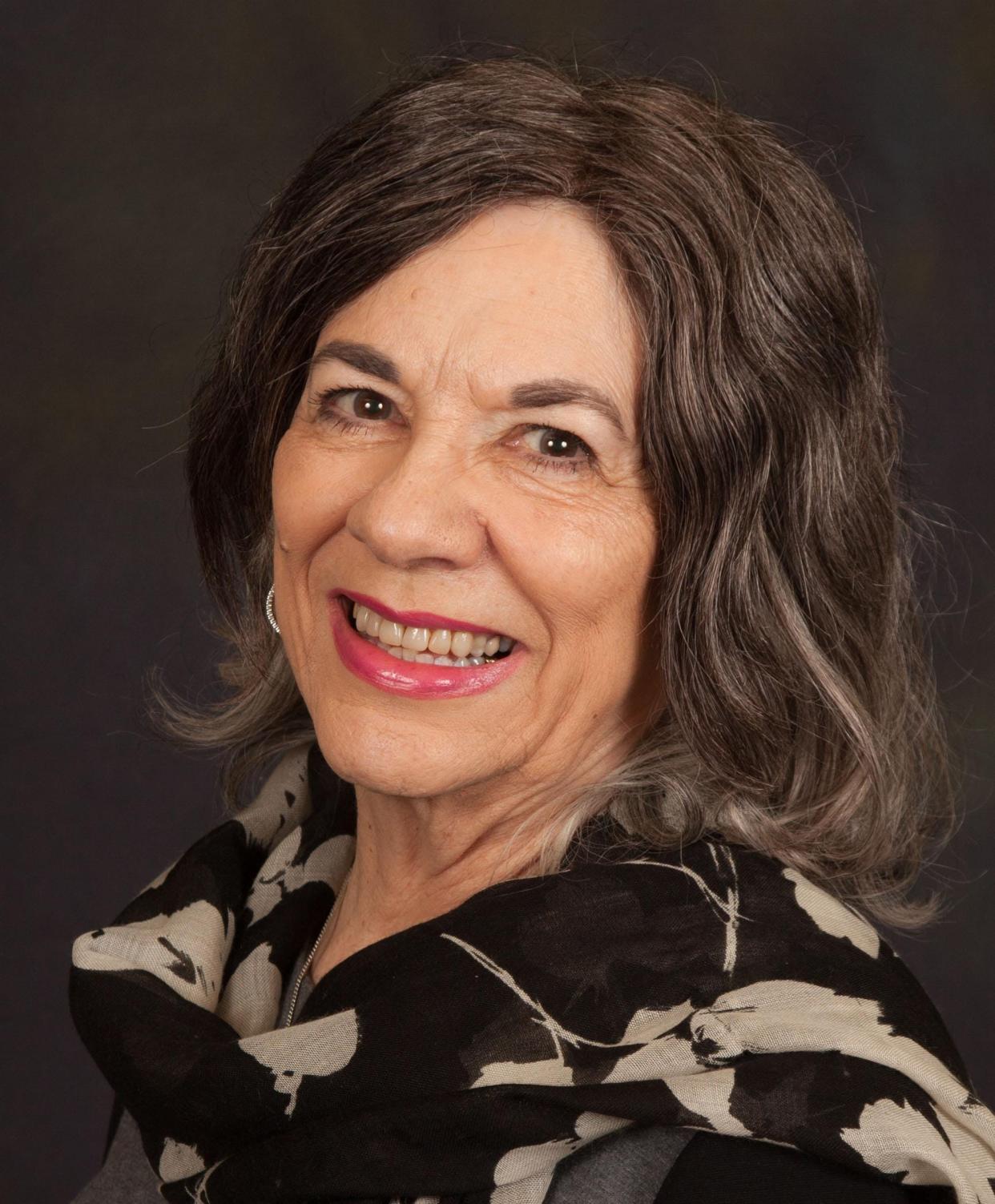Pratt: We are all a product of our family and social cultures
A cloudy, drippy day in winter tends to awaken the senses in our often starved for moisture part of the country, but it also induces an unusually powerful sense of rest.

By contrast, spring or summer rains create a sense of both delight and danger, particularly if you are a farm family with crops that desperately need moisture but can be destroyed in minutes by accompanying hail and wind.
Some people look upon farm families as mostly unacquainted with a “real” education. I am not sure that today’s judgments about education are any better than those of a century ago. Whatever our job, trade or profession, we are often defined by the size of our bank account rather than the wisdom we gain from whatever life experience has taught us.
The problem comes when we cross cultural boundaries and don’t realize that our “experience” level is likely to be as limited as the stereotypes we get from movies, literature or news media glimpses. But there is no doubt that our exposure to different lifestyles is vastly different today than what seemed only yesterday.
The landscape once dotted with small towns were anchored by commerce, a scattering of church steeples and a crowded, a public school and thriving business district usually encircling the county courthouse, which as county seat, represented law and order for the area.
Today, most of these once-thriving country towns are mere shadows of the past. But it is not the nature of mankind to be content when greener pastures beckon. My husband says the automobile killed the small town as affordable, dependable transportation became available.
The world shrank even as we were watching via black and white television pictures on a small screen in our living rooms. Isolation was no longer a problem. These factors and more made the world available in ways that are truly transformative. It is up to us as to whether the amazing technology and communication possibilities available today make the world a better place, or as some claim, a trash heap for history.
We are all a product of our family and social cultures, which means some of us are open to learning about others before we make judgments and others of us can only swim in our own backyards. Some of us brag about our acceptance of “diversity” without a clue that unconscious designation as “other” is a form of rejection whether within our families of origin or in our community.
The dumbest arguments today are clad in the clothing of “research” that allows us to choose whether we want to be male or female, as if that will solve our deepest fears or make us into some superhuman creature unbound by natural law.
And therein is the clue to a monstrous hatred against all humanity. Its worst expression came about in what is often referred to as “The Holy Land.”
Easter, celebration of the Resurrection of Jesus, will be observed March 31 in Christian churches around the world. Some churches celebrate according to a slightly different church calendar.
The first chapter of the book of John is my favorite gospel writing.: “In the beginning the Word already existed. The Word was with God, and the Word was God … The light shines in the darkness, and the darkness can never extinguish it. He existed in the beginning with God. God created everything through him, and nothing was created except through him. The Word gave life to everything that was created. The light shines in the darkness, and the darkness can never extinguish it.” (John 1:1-5 NLT)
Beth Pratt retired as religion editor from the Avalanche-Journal after 25 years. You can email her at beth.pratt@cheerful.com.
This article originally appeared on Lubbock Avalanche-Journal: Pratt: We are all a product of our family and social cultures
